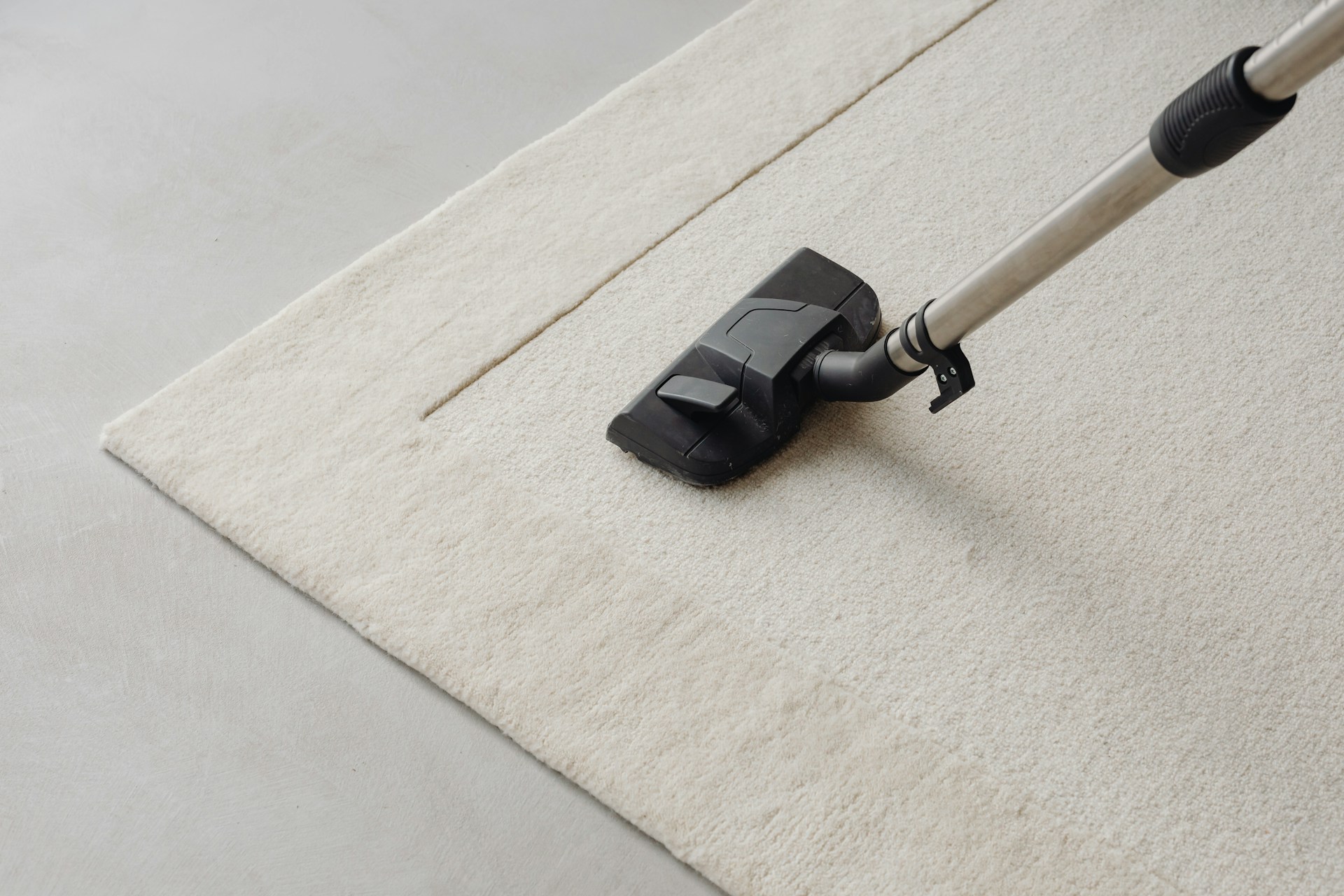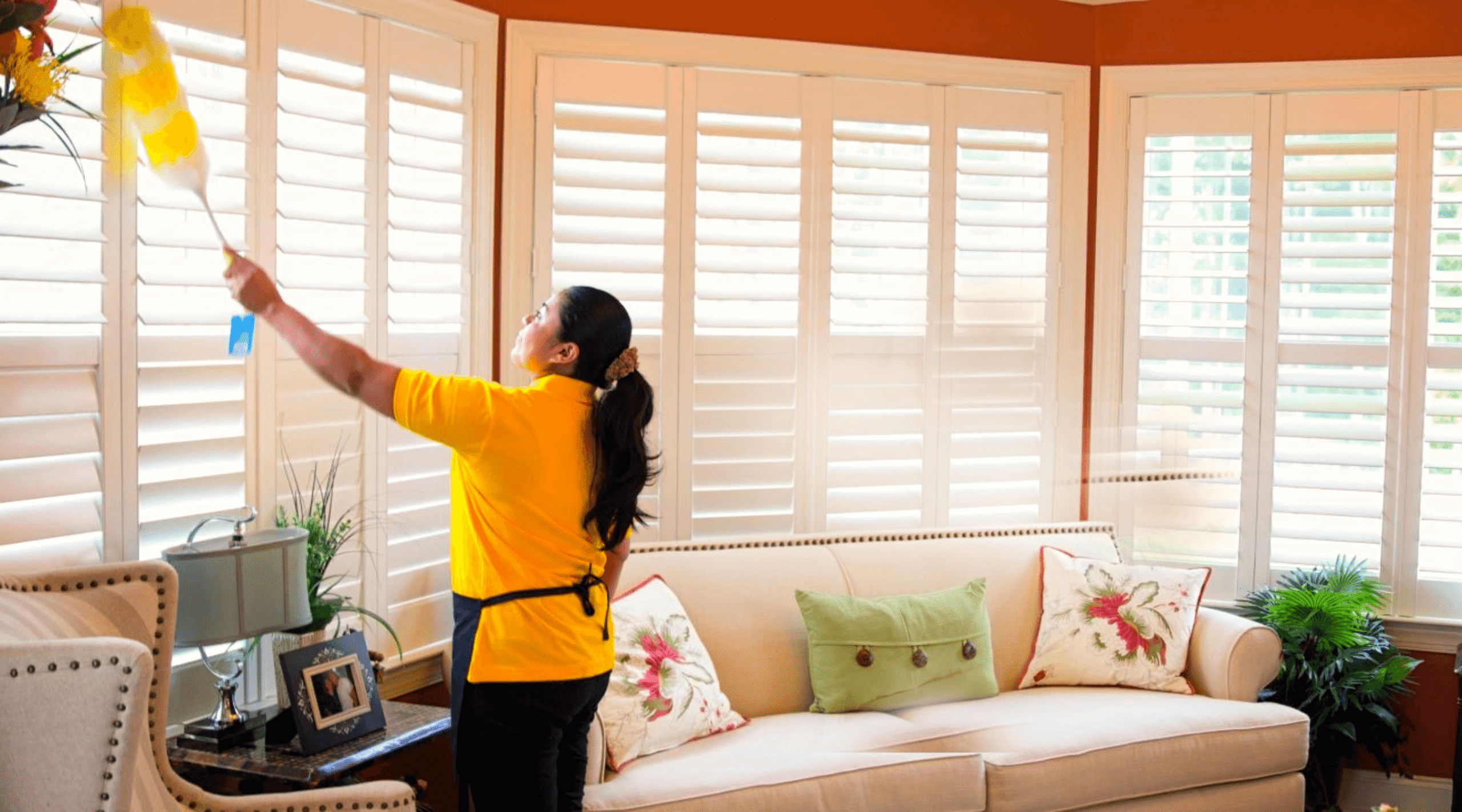Living with allergies can be tough, but maintaining a clean home can make a big difference. Dust, pet dander, and pollen are common allergens that can accumulate in our living spaces, causing sneezing, itching, and other allergic reactions. Understanding how these allergens affect your health and knowing the best ways to tackle them can create a healthier environment for you and your family.
Deep cleaning plays a critical role in reducing allergens in your home. Regular surface cleaning may keep your home looking tidy, but it’s the deep cleaning that targets the allergens lurking in corners, fabrics, and other hidden places. By focusing our efforts on effective deep cleaning practices, we can significantly improve the air quality within your home, making it a safer and more comfortable place to live.
Engaging in deep cleaning regularly helps prevent the buildup of allergens over time. This not only alleviates allergy symptoms but also promotes overall health by ensuring that the air you breathe indoors is as clean as possible. A well-executed deep cleaning routine can transform your home into a haven free of allergens, allowing you to enjoy a better quality of life.
Allergens are tiny particles that can cause allergic reactions and other health issues. These particles include dust mites, pollen, pet dander, and mold spores. When these allergens become airborne, they can be inhaled, causing a range of symptoms from sneezing and coughing to more serious respiratory problems like asthma. Even for those without pre-existing allergies, high levels of allergens can lead to discomfort, difficulty breathing, and lower overall quality of life.
In our homes, allergens can settle on various surfaces, including carpets, upholstery, and bedding. They often flourish in dark, damp, and warm environments, making everyday chores like vacuuming and dusting essential in controlling their levels. Understanding how allergens affect your health motivates regular deep cleaning, ensuring that your living spaces remain healthy environments for all family members, particularly children and the elderly who might be more susceptible to respiratory issues.
Certain areas of your home are more likely to harbor allergens and require more attention when cleaning. The bedroom is a significant area to focus on, as it often contains dust mites hidden in mattresses, pillows, and carpets. Regularly washing bedding in hot water and vacuuming carpets with a HEPA filter can help reduce dust mites and other allergens.
The bathroom is another area requiring deep cleaning due to the high chance of mold and mildew growth from the moisture. Scrubbing tiles, washing shower curtains, and ensuring good ventilation helps prevent mold spores from spreading. Additionally, the kitchen, with its constant exposure to food particles and moisture, can attract pests and mold. Cleaning behind appliances, wiping down surfaces, and regularly taking out the trash will keep this area hygienic.
By identifying and targeting these key areas, you can effectively reduce the presence of allergens in your home, promoting a healthier living environment for your family.
To significantly reduce allergens in your home, implementing effective deep cleaning techniques is crucial. Dust mites, pet dander, pollen, and mold are some common allergens that can trigger allergies or exacerbate asthma. Start with surfaces that accumulate dust. Use a damp microfiber cloth to capture dust particles rather than a dry one, which can stir them up into the air.
Vacuum carpets and upholstered furniture with a HEPA filter vacuum cleaner to ensure even the tiniest particles are trapped. For hard floors, mopping with a mixture of water and mild detergent can effectively remove allergens. Don’t forget to vacuum around baseboards, under furniture, and in crevices where allergens often hide. Wash bedding, drapes, and other fabrics in hot water regularly to kill dust mites.
For tackling mold, particularly in damp areas like bathrooms and basements, use a mix of one part bleach to ten parts water. Scrub the affected areas with a brush and ensure proper ventilation to prevent future mold growth. Replacing air filters in your HVAC system frequently also helps in maintaining cleaner air.
Maintaining a home free of allergens requires consistent effort. Creating a regular deep cleaning schedule helps keep allergens at bay and ensures a healthier living environment. Start by dividing tasks into daily, weekly, and monthly chores. For daily tasks, focus on high-traffic areas and activities that can quickly spread allergens, like wiping down counters, dusting, and light vacuuming.
Weekly chores should include more thorough activities, such as vacuuming upholstery, mopping floors, and washing bedding and curtains. Pay special attention to areas where allergens are likely to accumulate, like beneath furniture and in corners.
Monthly tasks should focus on deep cleaning projects that require more time and effort. This can include washing windows, deep cleaning carpets, and tackling mold in bathrooms or basements. Mark these tasks on a calendar to make it easier to keep track and ensure they get done.
Maintaining a clean home is essential for reducing allergens and promoting a healthy environment. By understanding the sources of allergens and focusing on key areas that need attention, you can significantly improve the air quality in your home. Implementing effective cleaning techniques and sticking to a regular deep cleaning schedule can provide lasting relief from allergy symptoms.
If you’re looking for professional assistance to ensure your home stays allergen-free, consider reaching out to Laly’s Cleaning Services. Our team is dedicated to providing expert deep cleaning in Maryland. Contact Laly’s Cleaning Services today to schedule a deep cleaning service that will help you breathe easier and enjoy a cleaner, healthier home.

